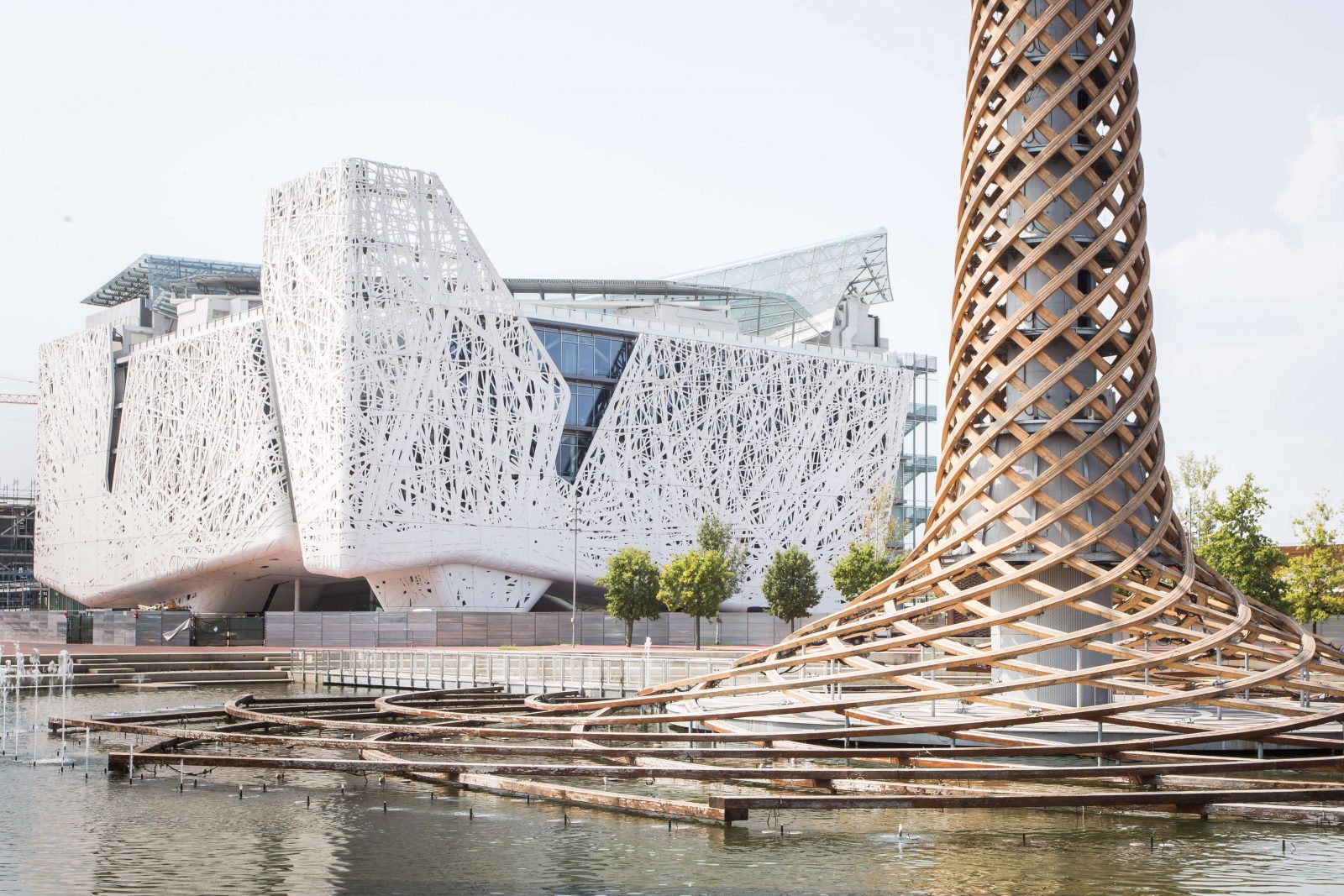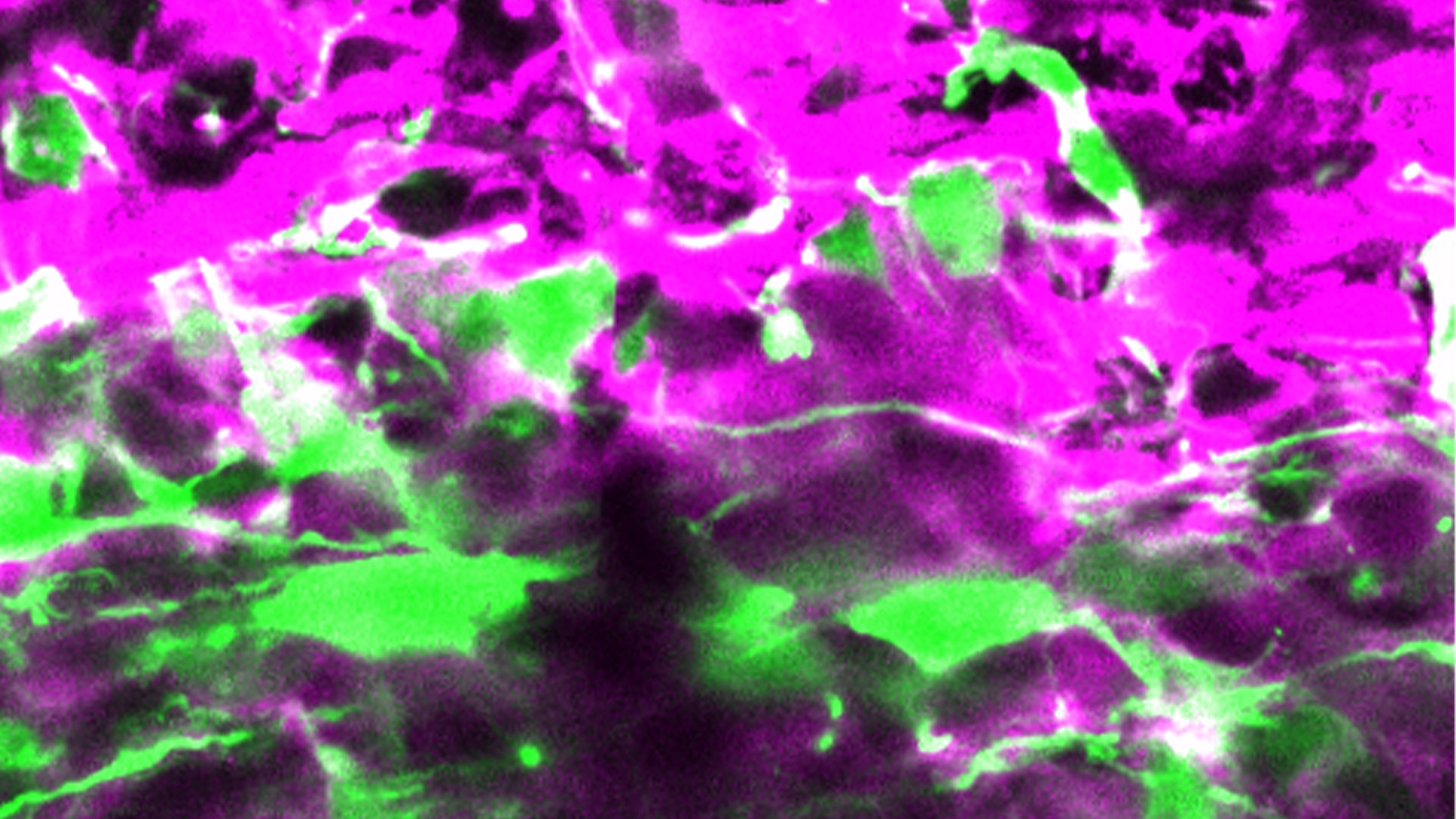HT Research Ethics Committee: open call for external members
The Research Ethics Committee (REC) of the Human Technopole Foundation is responsible for evaluating scientific research projects and activities undertaken at Human Technopole (HT) so that they are ethically reviewed, cleared and monitored in accordance with national and international ethical laws, norms, principles, guidelines, standards and best practices regulating scientific research.
Call for the Standing Independent Evaluation Committee for HT’s National Facilities
The public notice for the pre-selection of experts with proven professional qualifications for the subsequent constitution – by appointment of the Supervisory Board of HT – of the Standing Independent Evaluation Committee (CIVP), for the evaluation of applications for access to the National Facilities implemented at the Foundation, was published today by the Ministries of University and Research and of Health.
Alessandro Vannini elected EMBO member
The European Molecular Biology Organisation (EMBO) is an organization of more than 2,000 leading researchers that promotes excellence in the life sciences in Europe and beyond. Every year outstanding researchers around the world are given the opportunity to join the community as EMBO members.
1 fully funded PhD scholarship in Artificial Intelligence
Human Technopole is offering 1 fully funded PhD scholarship to young scientists from the national and international community who wish to undertake a doctoral degree on a project focused on Artificial Intelligence.
Epigenetics and brain development: a matter of metabolism
Neurogenesis and brain development require a tightly regulated balance between symmetric and asymmetric division of neural stem and progenitor cells. How such balance is maintained is unclear: the Taverna and Kalebic Groups now show that the activity of the chromatin modifier DOT1L controls brain neurogenesis by modulating asparagine metabolism in apical progenitor cells.




